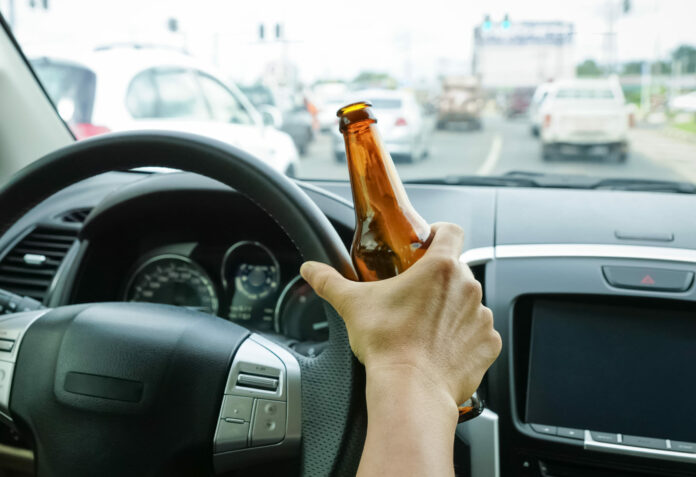Defending against a Driving While Intoxicated (DWI) charge is a daunting endeavor that requires strategic planning and careful understanding of the nuances involved. This article aims to shed light on some of the potential strategies, ensuring that the complexities surrounding these defense tactics are easy to understand for anyone navigating this legal terrain.
Before diving in, let’s clarify: this article is not meant to promote or endorse intoxicated driving. Rather, it serves as an informative guide about the legal process, exploring the many avenues defendants can consider when faced with a DWI charge. With this in mind, let’s proceed. Mind that along the way, the help that DWI Lawyer St. Louis can offer will be crucial.
Gathering and Preserving Evidence
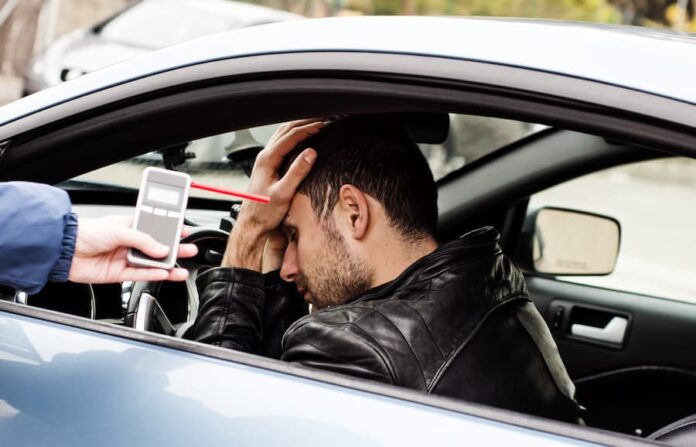
Evidence forms the backbone of any case in a court of law, and DWI charges are no exception. Collecting and safeguarding evidence becomes paramount. For the accused, this includes documenting the circumstances of the arrest, including location, time, weather conditions, and other relevant factors. These details can prove pivotal, potentially revealing inconsistencies in the prosecution’s case.
Preserving evidence is equally critical. This includes any personal items or vehicle-related materials that were present during the incident. It’s important to preserve all such physical evidence and related documents. Video footage, for instance, from nearby surveillance cameras can often offer an alternative perspective on the arrest scenario. This crucial evidence could play a pivotal role in challenging the prosecution’s narrative.
Challenging the Traffic Stop
Often, the initial traffic stop may present an opportunity for defense. Did law enforcement have a valid reason for pulling you over? This question forms the basis of this strategy. If an officer lacks a valid reason, known as ‘probable cause,’ for initiating the traffic stop, it might be possible to argue that the stop was unlawful.
Moving beyond this, it is important to consider the officer’s interactions with you during the stop. Did they adhere to protocol? Did they respect your rights? Examining these questions can help establish the legality or illegality of the stop. In some instances, any violation of your rights can result in the suppression of evidence, thereby weakening the prosecution’s case.
Analyzing Field Sobriety Tests
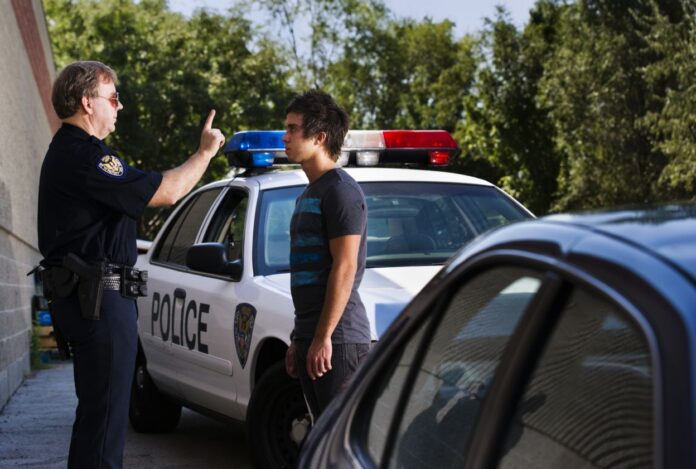
Field sobriety tests (FSTs) often form a significant part of the DWI case, but these tests are not infallible. It is beneficial to meticulously scrutinize the administration of these tests. If the officer did not conduct the tests according to established procedures, it could discredit the results.
Simultaneously, external factors can affect the performance in these tests. Factors such as medical conditions, physical disabilities, fatigue, or even adverse weather can affect one’s balance or cognitive abilities, leading to inaccurate test results. Highlighting these circumstances can potentially refute the reliability of the FST results, casting doubt on the DWI charge.
Questioning Breathalyzer Accuracy
Breathalyzer tests are another common method used to gauge intoxication levels. However, the accuracy of these devices is not absolute. They require regular calibration and proper usage to provide reliable results. If it can be demonstrated that the device was not properly maintained or was incorrectly used, it could undermine the credibility of the breathalyzer results.
Apart from the device’s calibration and usage, physiological factors can also impact breathalyzer results. Certain medical conditions, dietary elements, or even mouth alcohol residue can falsely inflate the readings. Understanding these variables and questioning their potential influence is another strategic way to challenge the DWI charge.
Examining Blood Test Results

Blood tests are generally considered the most accurate form of testing for alcohol or drugs. However, there is still room for error. Problems with the sample’s storage, transportation, or analysis could all result in inaccurate readings. Evaluating the chain of custody and the laboratory procedures can unearth any such procedural errors.
Moreover, it’s crucial to scrutinize the person who drew the blood sample. The blood draw must be conducted by a qualified individual under sterile conditions. If this is not the case, it can lead to contamination or infection, which in turn, can affect the test’s validity. Any discrepancies here can become a focal point in your defense strategy.
Investigating Officer’s Conduct
Officer conduct during a DWI arrest can influence the outcome of the case. Hence, it’s important to delve into this aspect. Did the officer follow the necessary procedures, respect your rights, and maintain professionalism throughout the encounter? Any deviation from standard protocols could aid your defense.
In the same vein, it’s also useful to evaluate the officer’s training and experience. Is the officer trained in recognizing the signs of intoxication, and did they correctly interpret those signs? Misinterpretation can lead to wrongful arrests, a point that can be used to dispute the DWI charge.
Exploring Alternative Explanations
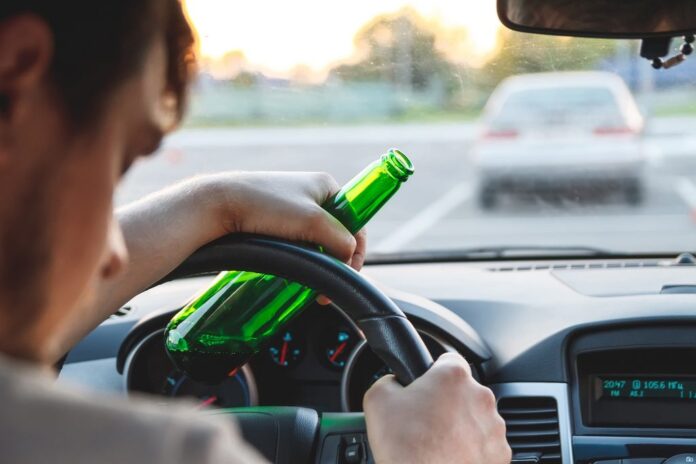
Sometimes, there may be plausible alternative explanations for the symptoms commonly attributed to intoxication. This can include bloodshot eyes, poor balance, slurred speech, or erratic driving. For instance, fatigue, allergies, medical conditions, or even emotional distress could mimic signs of intoxication.
Unearthing these explanations and presenting them in your defense can create reasonable doubt. By attributing the observed symptoms to causes other than intoxication, you can present a different perspective on the events leading up to the arrest, potentially challenging the charge’s validity.
Assessing Potential Defenses
Once the evidence has been analyzed and alternative explanations considered, it’s time to explore potential defenses. This is a broad area, covering everything from questioning the integrity of the evidence to constitutional rights violations. It’s essential to consult with a seasoned DWI attorney who can guide you through this complex process.
Your defense strategy might involve multiple elements, each tailored to your specific circumstances. Remember, the goal is not necessarily to prove innocence, but rather to create enough doubt in the prosecution’s case to achieve a favorable outcome.
Negotiating Plea Bargains
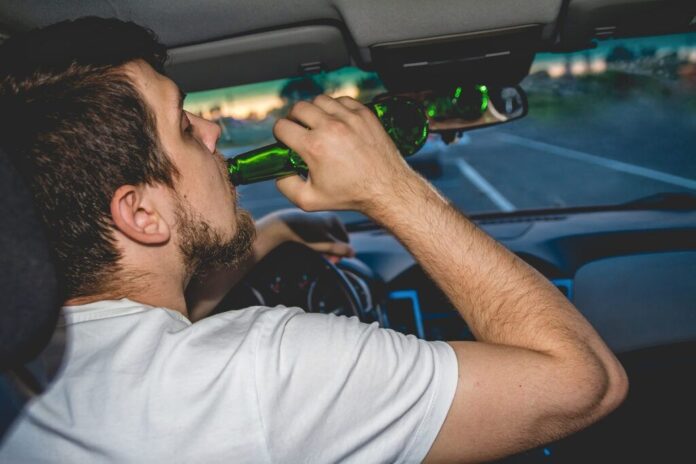
Plea bargaining is another strategy that can be employed. A plea bargain typically involves pleading guilty to a lesser charge, in exchange for a lighter sentence. While it may seem counterintuitive to admit guilt, in some cases, it may be the most pragmatic solution, particularly if the evidence against you is substantial.
However, it is vital to understand that plea bargaining comes with its own set of considerations. You must consider the potential consequences, such as fines, probation, or the impact on your driving record. Expert legal counsel can provide valuable insight into whether this strategy might be in your best interest.
Final Thoughts
Defending a DWI charge is a multifaceted process that requires a thorough understanding of the law, meticulous examination of the evidence, and strategic decision-making. While this article provides a broad overview of the strategies you can employ, it’s important to consult with a seasoned attorney to navigate the complexities of your individual case.
Remember, a DWI charge is not the end of the road. With a well-constructed defense, it’s possible to mitigate the impact of the charge, and potentially achieve a more favorable outcome. Stay informed, be proactive, and most importantly, never underestimate the power of a robust defense.
